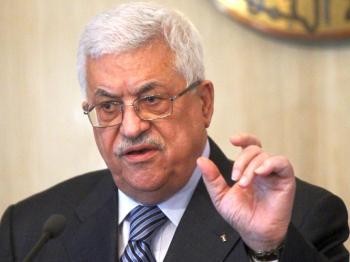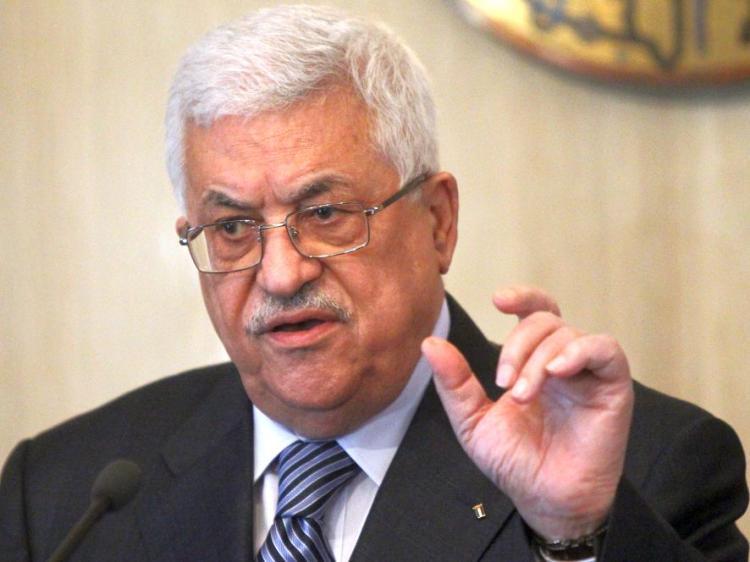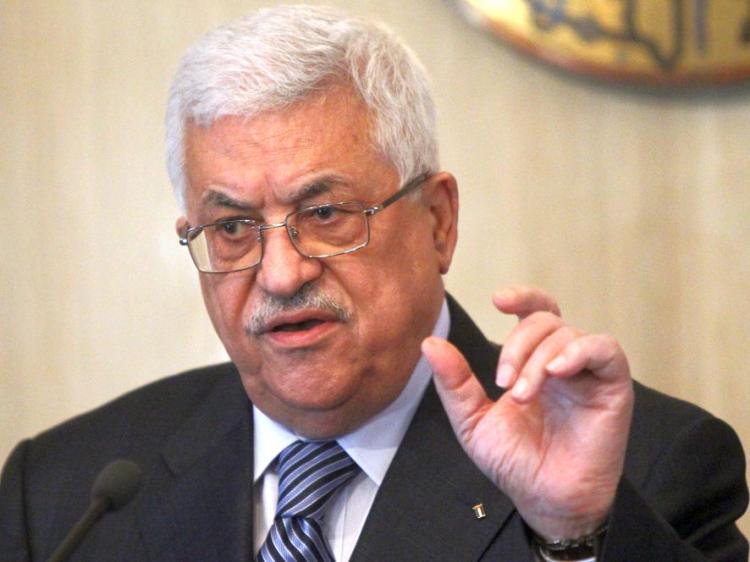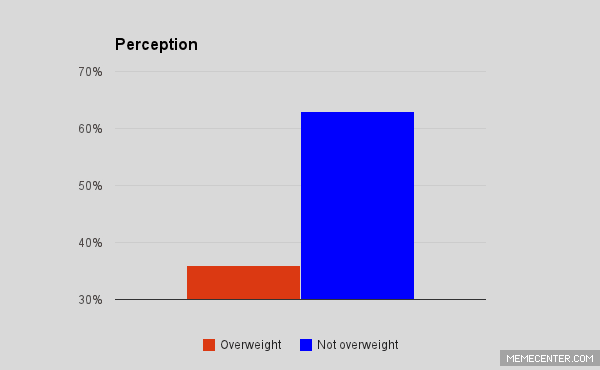Palestinians Seek International Recognition of Statehood
Following deadlock in negotiations with Israel, Palestinians are rallying for international recognition of statehood.

Palestinian president Mahmud Abbas announced that the Palestinian Authority would request other countries in Latin America and Asia to Palestinian statehood. Khaled Desouki/AFP/Getty Images
|Updated:





